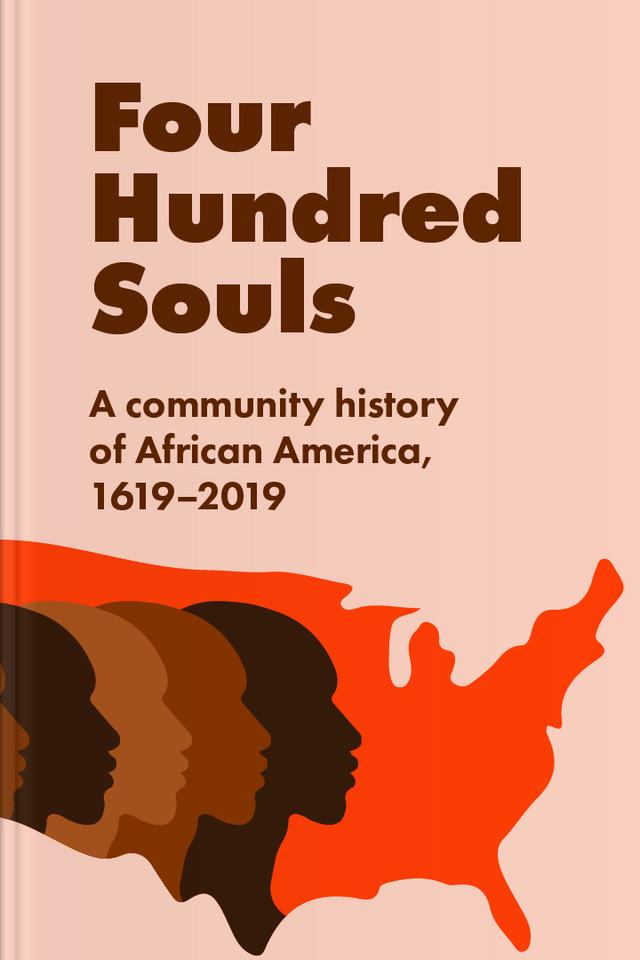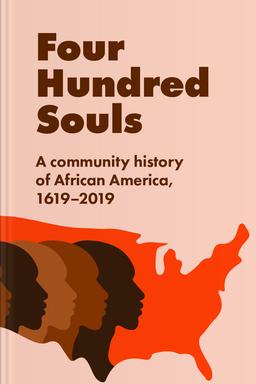You’ll learn
- The African American history of the United States
- How Black heritage was erased throughout centuries
- About the roots of racial discrimination
- Why racism is still prevalent in society
Protect the world’s peace. Donate to support Ukraine

first KEY POINT
A massive chunk of current Black struggles in the US today can be traced back to slavery. Stories forming a weighty account of the collective toils and trials of Black people all originate from 1619.
About 400 years ago, a few individuals who needed cheap and ultimately free labor started this dark chapter of history. These colonizers traveled to Africa, captured unsuspecting people, and transported them by ship to work in their vast farms or plantations. This act would define interactions between white and Black Americans for years.
The drive behind slavery might have been economic, but its primary reason was racism. Racism refers to general discrimination of races other than that of the captors. This unfair prejudice remains a prevalent issue today and was the cause of much abuse, violence, and maltreatment of the Black community even years after slavery was abolished. The fight against racism gave rise to many activists, such as Malcolm X and Martin Luther King Jr., who created a precedent for equality between all races within society.Black people joined their efforts, refusing to be the constant target of oppression and discrimination because of their skin color. The primary weapon of their resistance was the civil rights movement in the sixties.
second KEY POINT
As the new 13th amendment abolished slavery in 1865, the Black community expected to live normal lives. However, this was not the case — the horrors they faced as enslaved people had become ingrained into an oppressive culture waiting around every corner. Racism was now a heavily prevalent practice, leading to violence and persecution of Black people. Segregation became a new way to instill persecution — Black people still lived in a cage even after the abolishment.

Continue reading with Headway app
Continue readingfirst KEY POINT
second KEY POINT
third KEY POINT
fourth KEY POINT
fifth KEY POINT